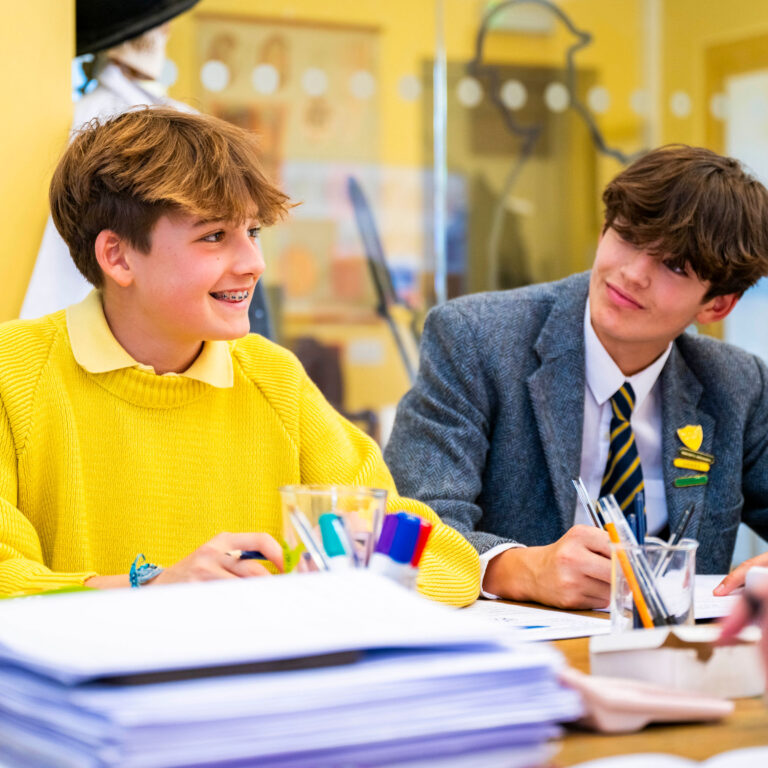Recognising the Signs
Children with ASD often experience differences in social communication, which can affect how they interact with others. They may find it challenging to understand social cues such as facial expressions or tone of voice and often prefer structured, predictable interactions over spontaneous conversations. Making small talk, maintaining eye contact, or interpreting sarcasm and idioms can be difficult, as they tend to take language literally. Rather than engaging in casual conversations, they may gravitate toward deep, focused discussions on specific topics of interest.
In addition to social differences, many children with ASD exhibit repetitive behaviours and sensory sensitivities. They may engage in movements such as hand-flapping or rocking and often develop intense interests in particular subjects. Routines provide comfort, and unexpected changes can cause distress. Sensory sensitivities vary, with some children overreacting or under-reacting to sounds, textures, lights, or smells. Many also have a strong attention to detail, an exceptional ability to recognise patterns, and a deep focus on hobbies or intellectual pursuits. However, challenges with executive functioning—such as planning, organising, or multitasking—can sometimes make daily tasks more difficult.
Trained and Caring Staff
Our dedicated team of teachers is trained to support pupils with ASD. They are passionate about helping every child reach their full potential and create a nurturing and supportive environment. To read more about our approach to pastoral care click here.
Move to Co-Education
Starting in September 2026, Bruern Abbey will proudly become co-educational, with girls joining the Prep School first, and the Senior School opening to girls in 2027.
Schedule a visit
To learn more about our school and how we can help your child with ASD succeed, we encourage you to enquire and schedule a visit. Witness firsthand our commitment to providing an exceptional educational experience for students with learning differences.
Learn more about the unique expertise we offer at Bruern Abbey here.




